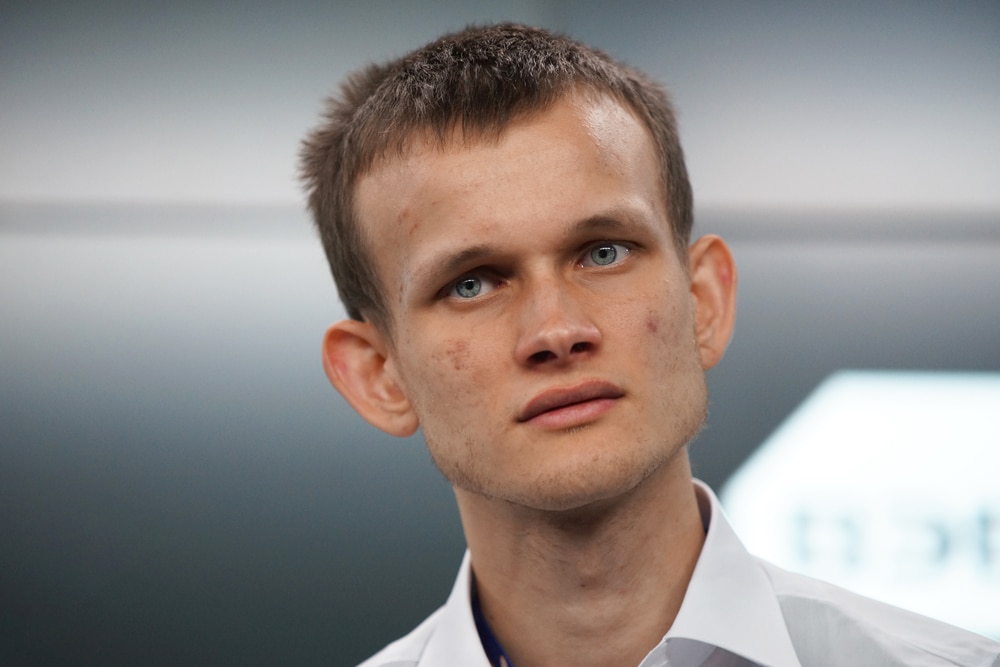Vitalik Buterin Champions Copyleft: The Developer’s Shield Against Big Tech Takeovers
Ethereum's co-founder throws weight behind open-source armor as Silicon Valley giants circle.
Vitalik Buterin isn't just building blockchains—he's fortifying developer rights. The Ethereum visionary is now advocating for copyleft licensing, positioning it as the last line of defense against corporate IP land grabs.
Copyleft vs. Copyright: Why It Matters
While traditional copyright locks code behind corporate firewalls, copyleft ensures derivatives stay open-source. Buterin's endorsement could rewrite the rules of engagement in the software arms race.
The Irony of Protection
In a twist Wall Street would appreciate, the same licensing that prevents commercialization might actually increase developer leverage—turning defensive tech into offensive strategy against FAANG's dominance.
As one VC quietly hedges their bets, the crypto world watches: will this be the license that finally makes big tech pay for its 'innovation by acquisition' model?
Why Buterin Thinks It Matters
Buterin’s concern is that large platforms are now in a position to quietly absorb useful open-source code and lock the benefits behind closed systems. He acknowledged that permissive licenses like MIT and Apache helped grow the open-source ecosystem in the past, but warned that today’s environment looks very different. Powerful companies are now using he openness that made those licences attractive to build walled gardens around community-built tools.

He pointed to copyleft licenses like the GNU General Public License (GPL) as a way to stop this from happening. These licenses force anyone who builds on the code to share their work under the same terms. The system forces improvements and extensions to remain public, allowing smaller developers to compete and preventing better-funded players from boxing them out.
Implications for Crypto Projects
This conversation hits close to home for crypto, where open-source principles are supposed to be at the core. Buterin argued that large entities that don’t share the same values will repackage and commercialize decentralized apps and protocols if they lack protective licensing.
Ethereum has long promoted transparency and community ownership, but that ideal can be undermined if big firms build proprietary layers on top of public infrastructure. According to Buterin, copyleft tools can help make sure innovations remain part of a shared commons, not fenced off behind corporate terms of service.
Real-World Examples
Buterin referenced real examples, like the social protocol Farcaster, which recently made a MOVE toward a stronger license after debates over downstream use. He also noted that companies with commercial agendas are picking up and reshaping open tools in artificial intelligence and decentralized identity, raising similar licensing questions.
This is not about creating more rules for the sake of it. It’s about defending the spirit of collaboration that open-source communities rely on. Buterin is not saying everyone needs to switch to copyleft overnight. Instead, he wants developers to weigh the risks of permissive licensing in an era where major players are watching closely and moving quickly.
What Happens Next
The rise of Web3, along with the spread of AI and digital infrastructure, is pulling more attention toward how code gets reused and who gets to benefit. As the web’s next phase takes shape, licensing decisions will play a big role in shaping who has control. Buterin’s message is a reminder that the tools developers choose today will determine whether the future stays open or becomes another centralized system in disguise.
Key Takeaways
- Vitalik Buterin argues permissive licenses like MIT and Apache may no longer protect developers from big tech co-opting open-source code.
- Copyleft licenses, such as the GNU GPL, require all derivative work to stay open. This preserves access and fairness for smaller developers.
- Buterin warns that unless crypto projects adopt stronger licensing protections, corporations will repackage them.
- Real-world examples, like Farcaster, show a growing trend of projects reconsidering their license models in response to downstream misuse.
- Licensing will shape Web3’s future. Buterin urges devs to be proactive or risk a new wave of centralization disguised as innovation.

